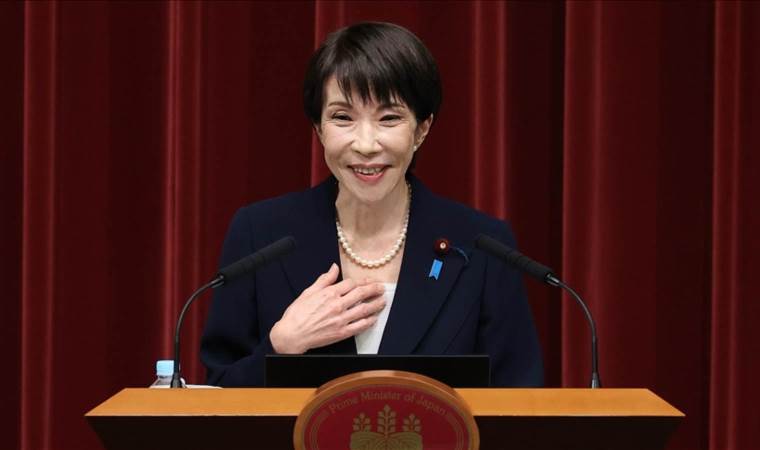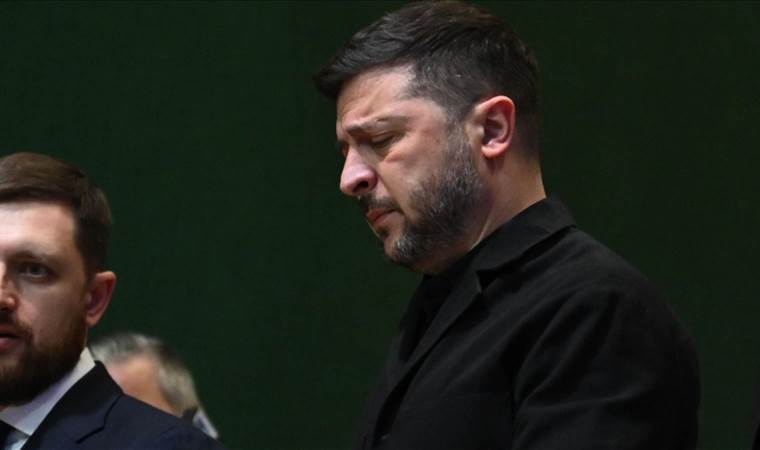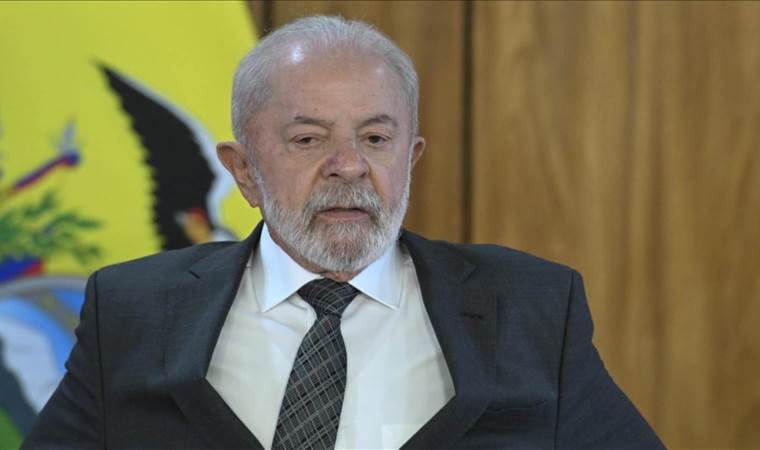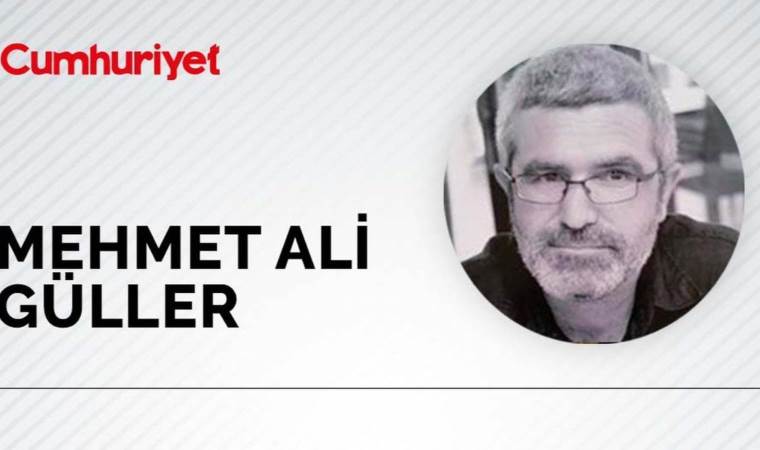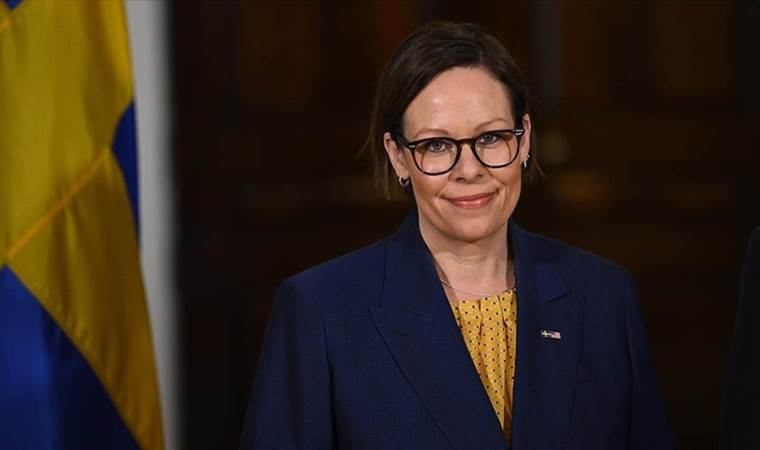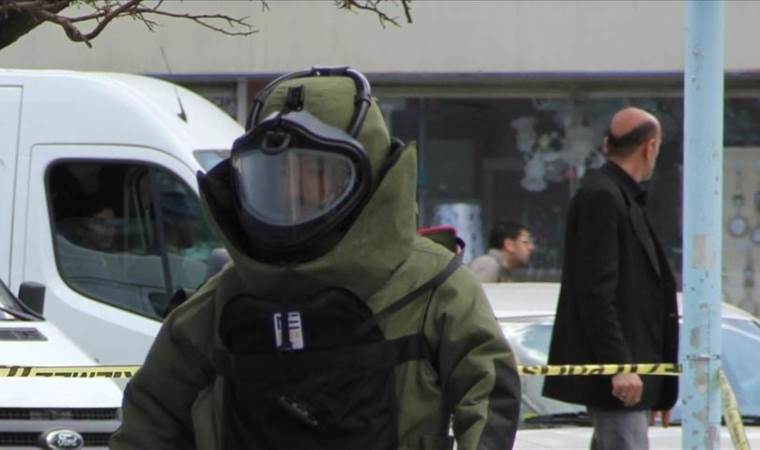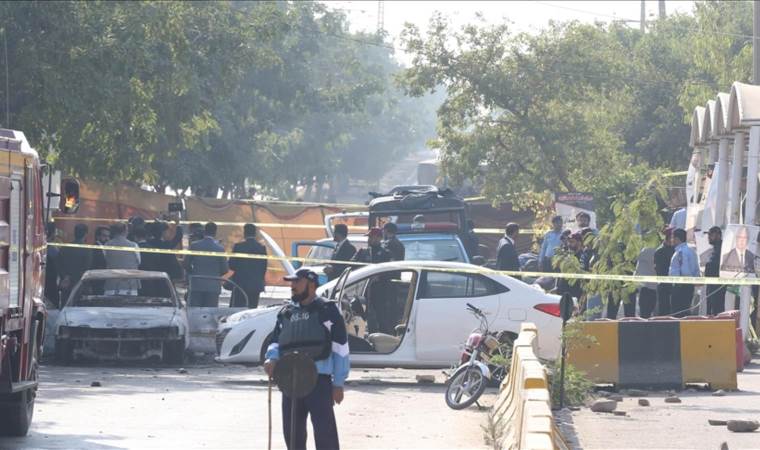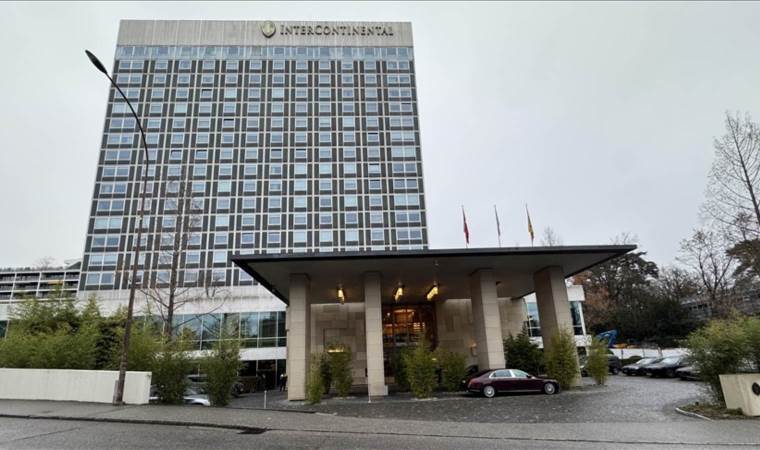Authors Columns of the Day Sport Guest Life All Authors
The climate crisis: A stark contradiction
Next week, the COP28 climate summit convenes in Dubai. It’s a historical irony that the summit, addressing air pollution contributing to global warming, coincides with a regional war marked by tanks, planes, bombs, missiles, and other explosives, and their resultant fires. The findings in the recently released OXFAM report and upcoming political developments, which we will discuss, offer little hope for the future.
The situation is critical, the contradiction is class-based
To avoid civilization’s collapse (many species have already vanished, and biodiversity continues to decrease rapidly), global temperatures must remain below 1.5°C compared to pre-Industrial Revolution levels by 2050. Achieving this requires reducing global CO2 emissions by 42% by 2030. Current global warming trends suggest a possible temperature rise to 2.5-3°C by 2030.
Considering the current level of global warming, the extreme temperatures above 50°C, heatwaves, droughts, floods, forest fires, and the resulting deaths, economic devastation, and migration we've witnessed this year, a rise of 2.3-3°C means a global catastrophe. Optimism is hard to come by.
This difficulty primarily stems from a severe contradiction produced by the capitalist mode of production: those causing the most CO2 emissions, leading to global warming, are also the most insulated and least affected by its adverse effects. For instance, the world’s richest 1% with their super-yachts, shelters, private jets, and palaces have a far larger carbon footprint than the poorest 66%. Moreover, the carbon footprint of the richest 0.1% is 77 times larger than the upper limit we must not exceed to stay below 1.5 degrees by 2050. But the problem isn’t just the billionaires. Consumption habits of a population segment of 77 million people, including the middle class earning over $140,000 annually, account for 16% of the annual total global CO2 emissions.
As can be seen, the problem is class-based. However, it’s not just a matter of rich versus poor countries as it was 20-30 years ago but now more about the rich and poor within individual countries. These are the rich and poor of capitalism: on one side, property-owning classes, capitalists, and their parasites; on the other, the working class, rural poor, and the urban poor are considered surplus populations.
Contradiction and paradox
This contradiction also entails a paradox. The biggest polluters are also the most influential in political decisions and the most shielded against global warming. Their methods of influencing politics are increasingly adopting feudal characteristics, as many analysts point out.
In contrast, those who pollute the least yet suffer the most, and are politically weakest, are the social strata that will be most affected by measures against global warming. These groups, already burdened by the economic crisis, are reluctant to shoulder the negative impacts of these measures on their lives, often reacting strongly, as seen in the “Yellow Vests” protests.
Here lies the paradox: the increasing anger of this group against the effects of the economic crisis, the migration crisis, and the incompetence of established politicians is now being channeled by fascist movements that deny the climate crisis, as seen in Europe, America, and recently Argentina. Consequently, those who pollute the least but are most affected start protecting the interests of those who pollute the most but are least affected.
This class contradiction, along with the paradox, ties up the ‘door’ to hope and the future in a ‘knot.’ Only the socialist movement can untie this knot. Provided the socialist movement can step outside the dominant thought and legitimacy systems when necessary, and create excitement in society with an egalitarian, liberating, democratic counter-culture that unites the future of the class with the future of living species.
Yazarın Son Yazıları All Columns
Günün Köşe Yazıları
Most Read News
-
 Sanae Takaichi retains her position as Japan's 1st femal
Sanae Takaichi retains her position as Japan's 1st femal
-
 US declines to establish sufficient missile production i
US declines to establish sufficient missile production i
-
 Brazilian President Lula arrives in India for state visi
Brazilian President Lula arrives in India for state visi
-
 Three threats to the UN order
Three threats to the UN order
-
 US actions ‘damaging trust,’ contradicting Europe’s valu
US actions ‘damaging trust,’ contradicting Europe’s valu
-
 Left-wing La France Insoumise evacuates national headqua
Left-wing La France Insoumise evacuates national headqua
-
 2 officials, 14 militants killed in separate attacks and
2 officials, 14 militants killed in separate attacks and
-
 Neither Russia nor China carried out any nuclear tests,
Neither Russia nor China carried out any nuclear tests,
-
 3rd round of US-brokered Russia-Ukraine talks concludes
3rd round of US-brokered Russia-Ukraine talks concludes


